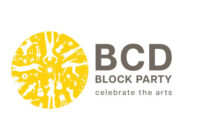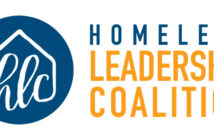(Photo courtesy of Partners in Care)
I am one of nearly 75 million American Baby Boomers ranging in age from 51 to 69. Not only are most of us becoming eligible for Medicare reimbursement for our own healthcare needs, many of us are also the primary caregivers for very elderly parents approaching the end of life. As we watch our parents’ health decline, we are challenging the one-size-fits-all approach to dying.
Baby Boomers are a generation that is accustomed to innovation, radicalization, and rebellion. So it comes as no surprise that they are being credited with beginning to break down barriers and transform the way society views death. Everywhere we look, we see a generation striving to make death more palatable, more expressive, and more meaningful. As the best-educated seniors this country have seen, Boomers are also insisting on power and decision making throughout the entire health care continuum, including the final phase of life.
It is a generation that has been exposed to palliative care services. Palliative care is becoming a common and normal consult service offered in both the hospital and community setting. At Partners In Care, we are noticing a shift in awareness of palliative care and receptivity to its role in symptom management. We have seen that when open conversation about a patient’s goals and wishes takes place during the palliative care consult, there is a 60 percent uptick in the number of advance directives that are completed by the patient.
Baby Boomers are also the first generation of family caregivers who have witnessed the benefits of hospice care for their parents so are predisposed to choose hospice care for themselves when the time comes.
As one of the Boomers, I welcome the opportunity to take a hard look at the big questions. Let the conversations begin.
Marlene Carlson is the Chief Development Officer at Partners In Care, Central Oregon’s only independent, non-hospital based, not-for-profit hospice, home health and palliative care organization. For more information, visit partnersbend.org.





